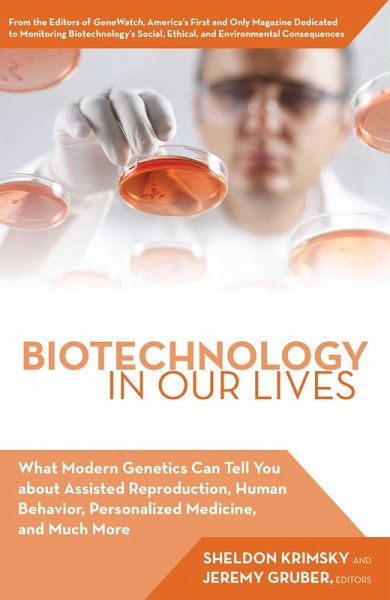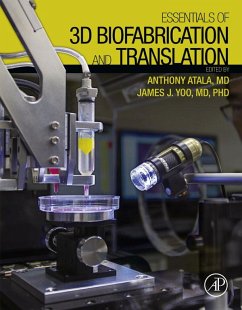
Biotechnology in Our Lives (eBook, ePUB)
What Modern Genetics Can Tell You about Assisted Reproduction, Human Behavior, and Personalized Medicine, and Much More
Versandkostenfrei!
Sofort per Download lieferbar
17,79 €
inkl. MwSt.
Weitere Ausgaben:

PAYBACK Punkte
0 °P sammeln!
For a quarter of a century, the Council for Responsible Genetics has provided a unique historical lens into the modern history, science, ethics, and politics of genetic technologies. Since 1983 the Council has had leading scientists, activists, science writers, and public health advocates researching and reporting on a broad spectrum of issues, including genetically engineered foods, biological weapons, genetic privacy and discrimination, reproductive technologies, and human cloning. Biotechnology in Our Lives examines how these issues affect us daily whether we realize it or not. Written for ...
For a quarter of a century, the Council for Responsible Genetics has provided a unique historical lens into the modern history, science, ethics, and politics of genetic technologies. Since 1983 the Council has had leading scientists, activists, science writers, and public health advocates researching and reporting on a broad spectrum of issues, including genetically engineered foods, biological weapons, genetic privacy and discrimination, reproductive technologies, and human cloning. Biotechnology in Our Lives examines how these issues affect us daily whether we realize it or not. Written for the nonscientist, it looks at the many applications of genetics on the world around us by posing questions such as:
- What should we know about genetics and childbirth?
- Can our genes keep us from qualifying for health insurance?
- Can gene therapy cure cancer?
- Is behavior genetically determined?
- Why would the FBI want our genes?
- Are foreign genes in our food?
- And much more
Dieser Download kann aus rechtlichen Gründen nur mit Rechnungsadresse in A, B, BG, CY, CZ, D, DK, EW, E, FIN, F, GR, HR, H, I, LT, L, LR, M, NL, PL, P, R, S, SLO, SK ausgeliefert werden.













